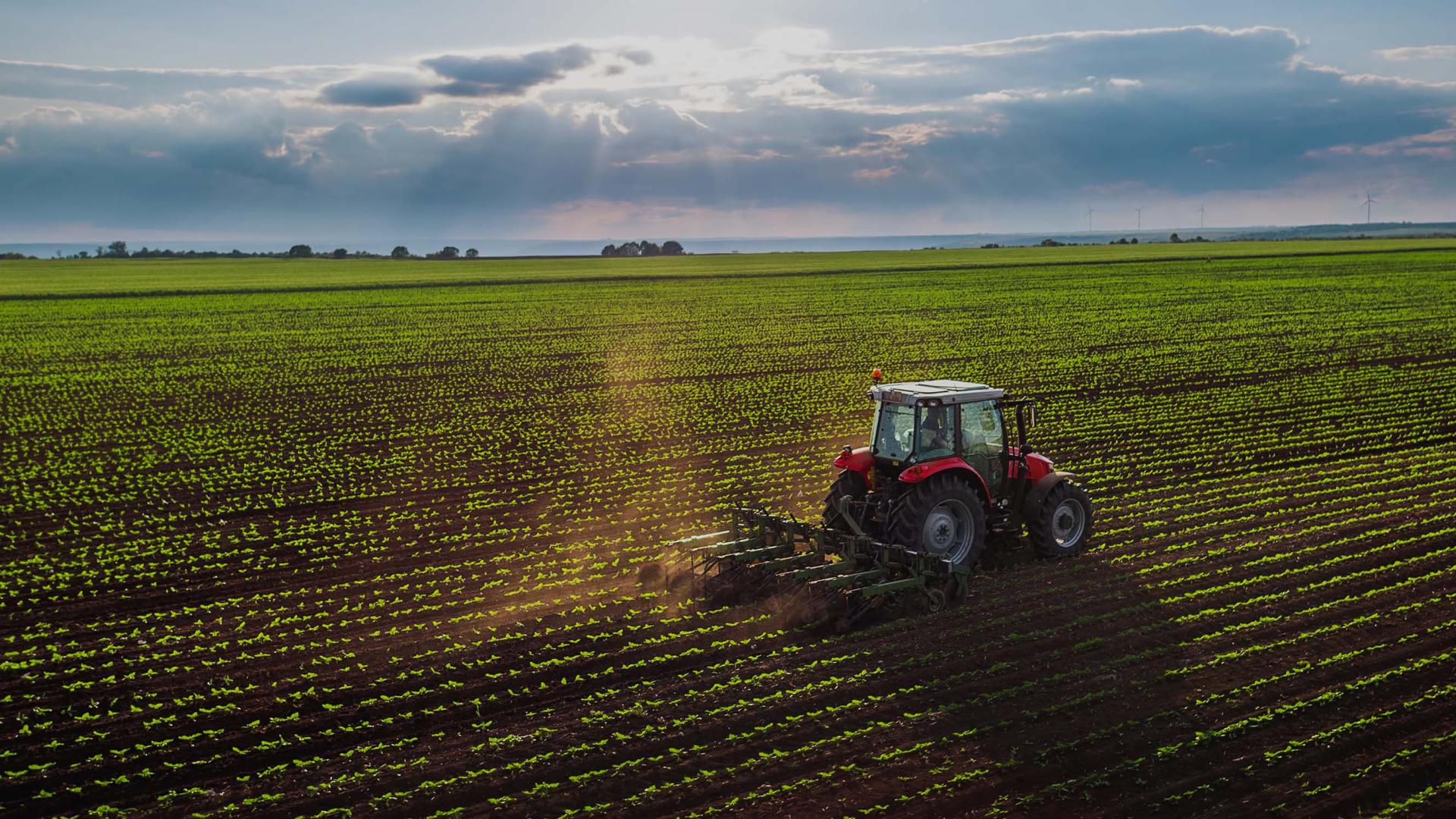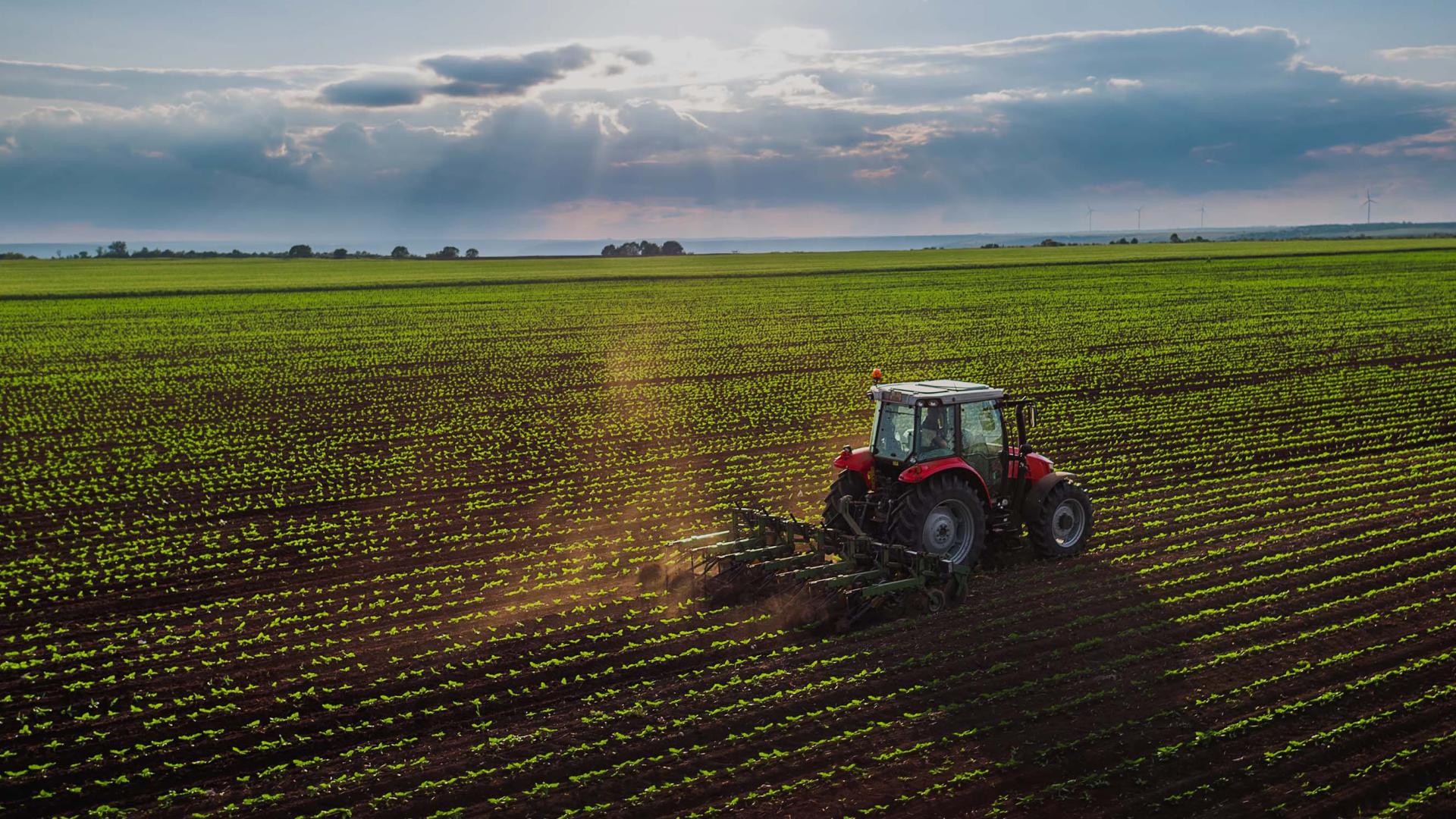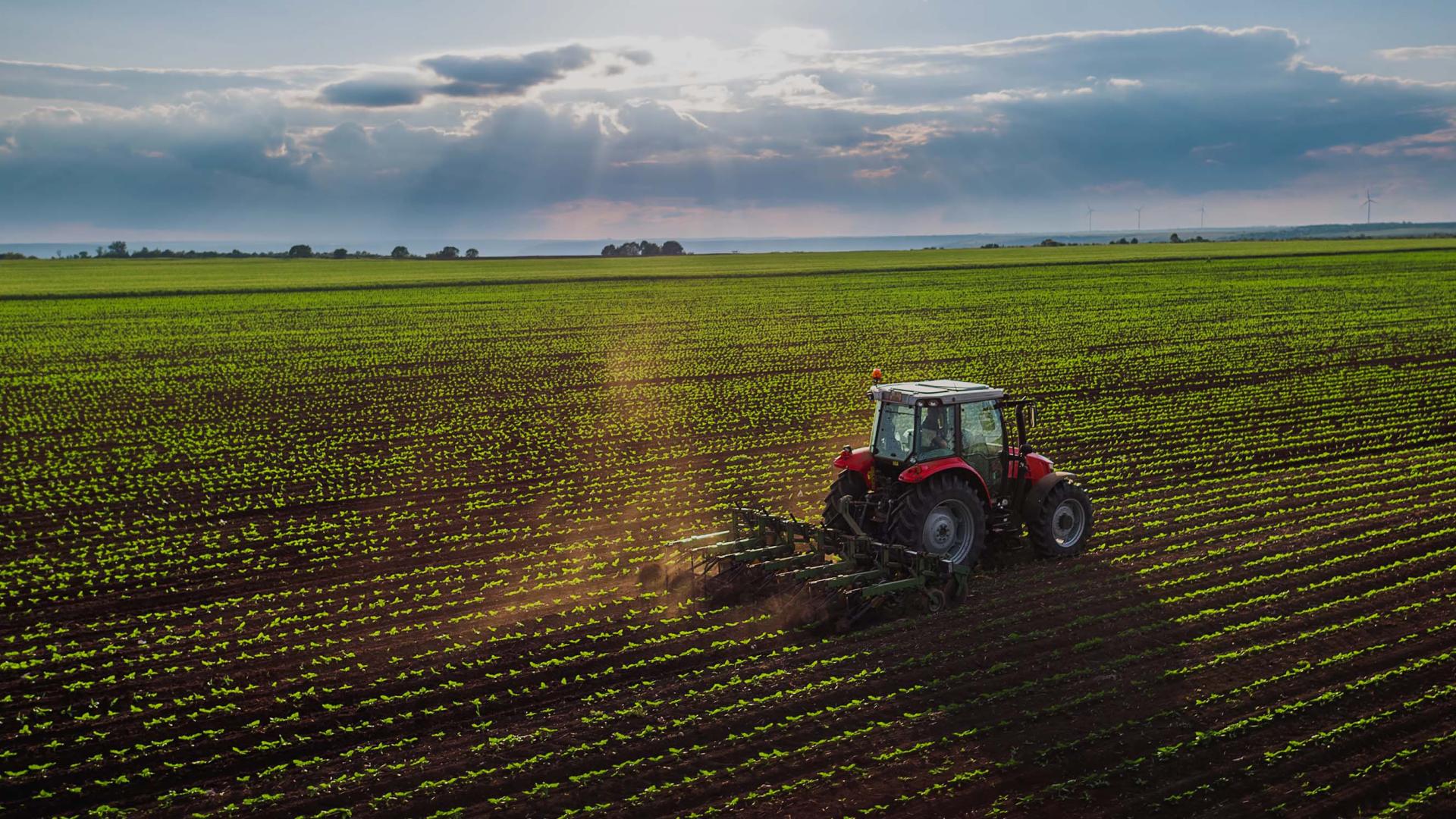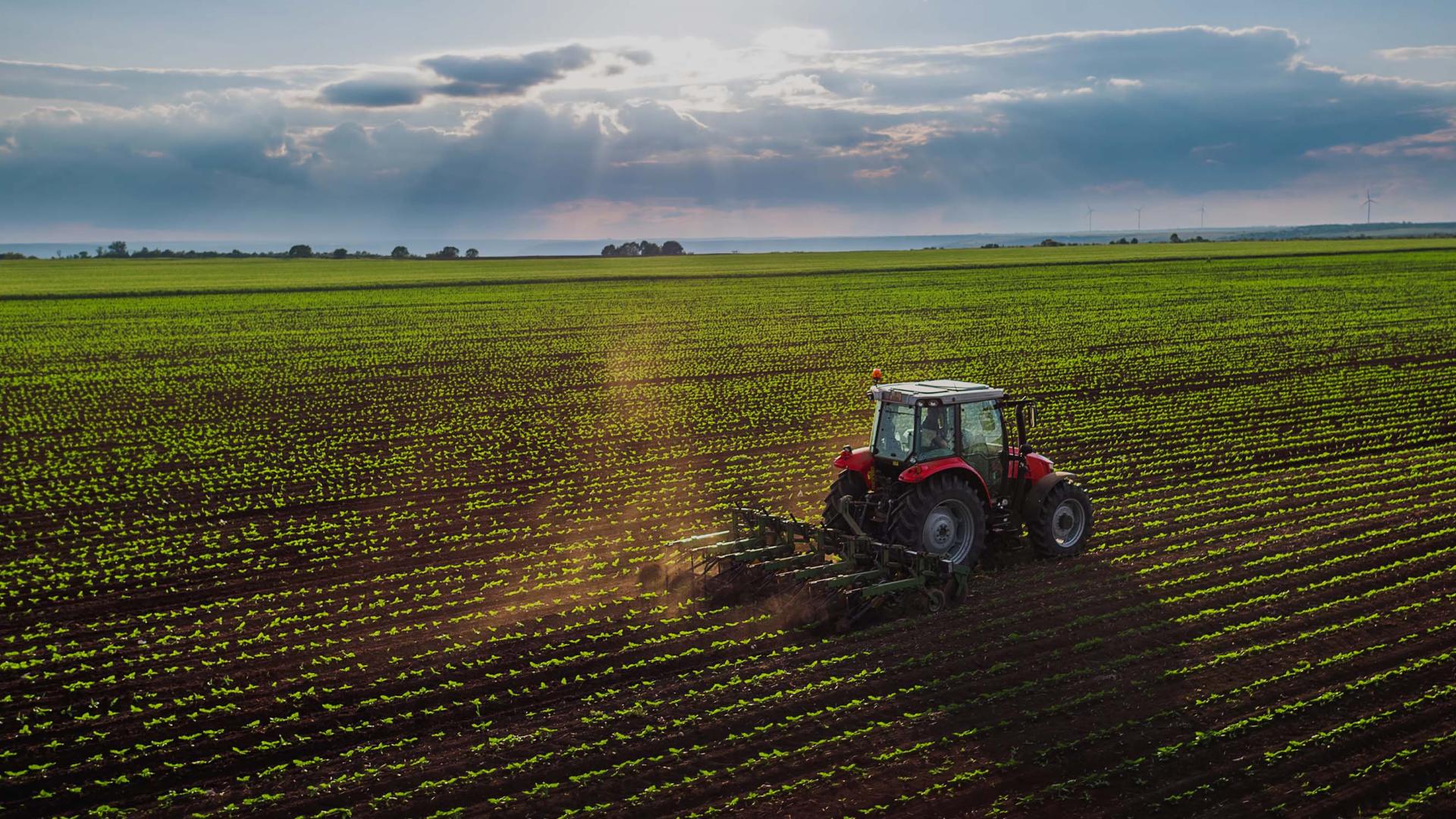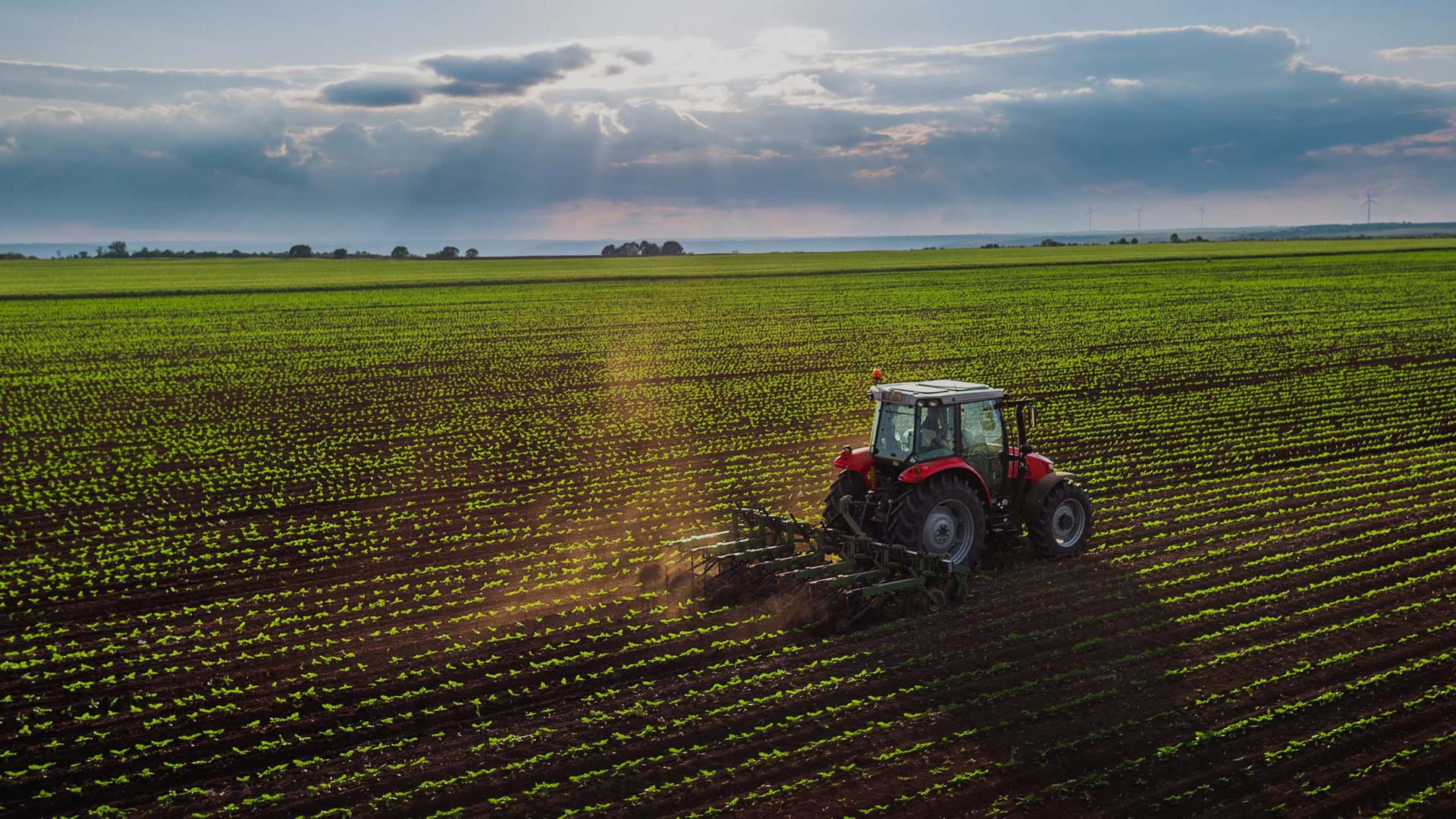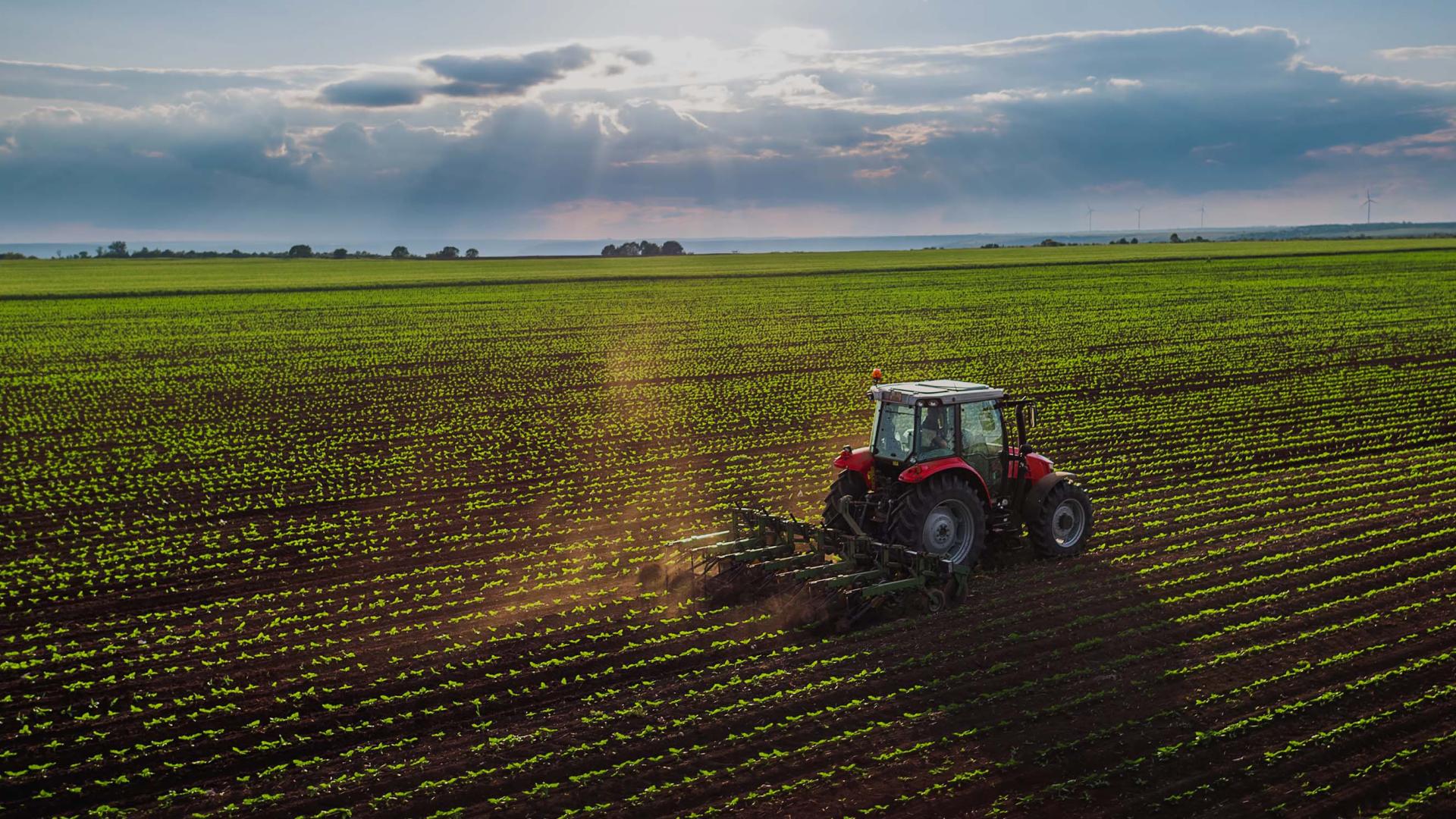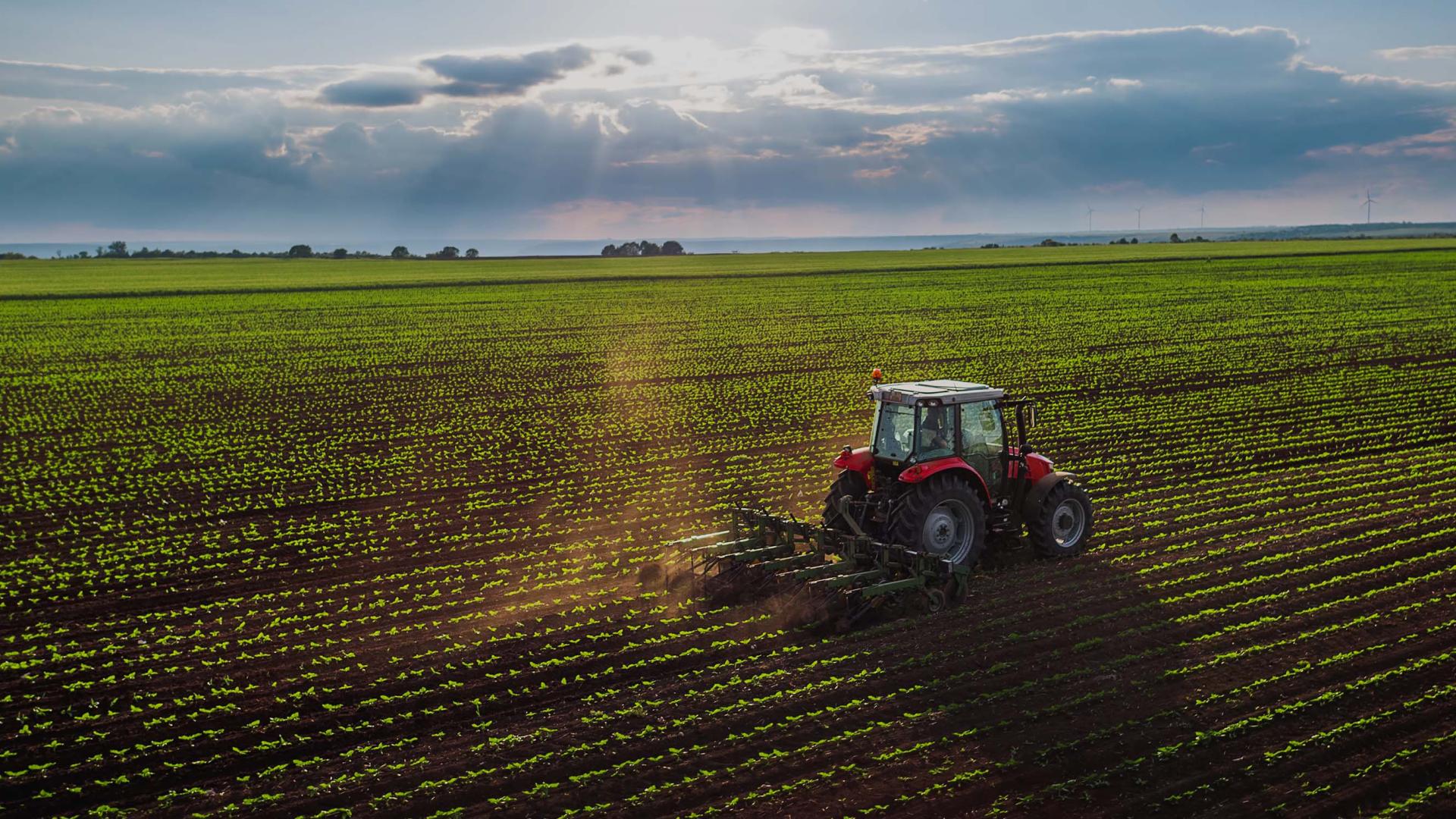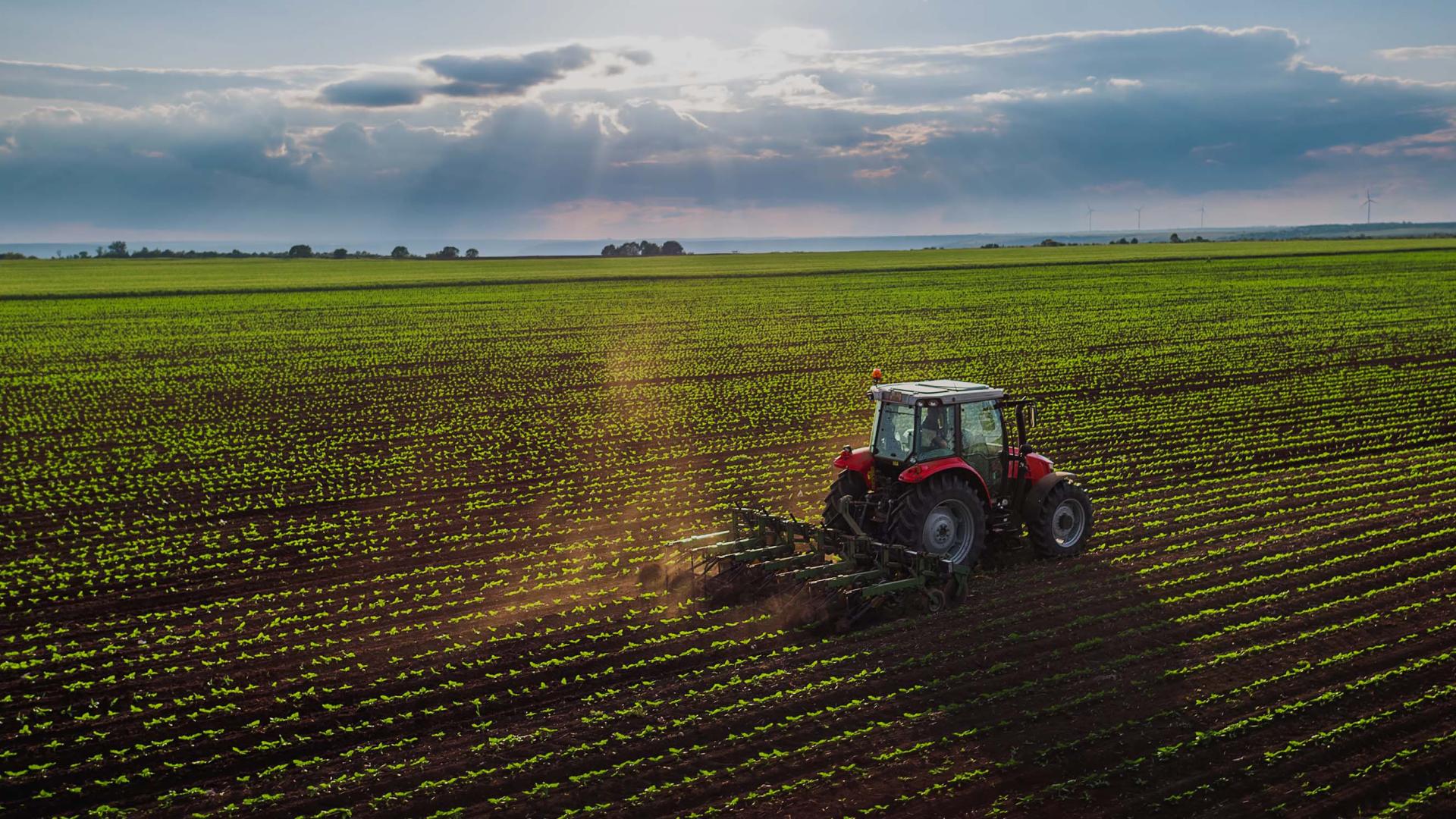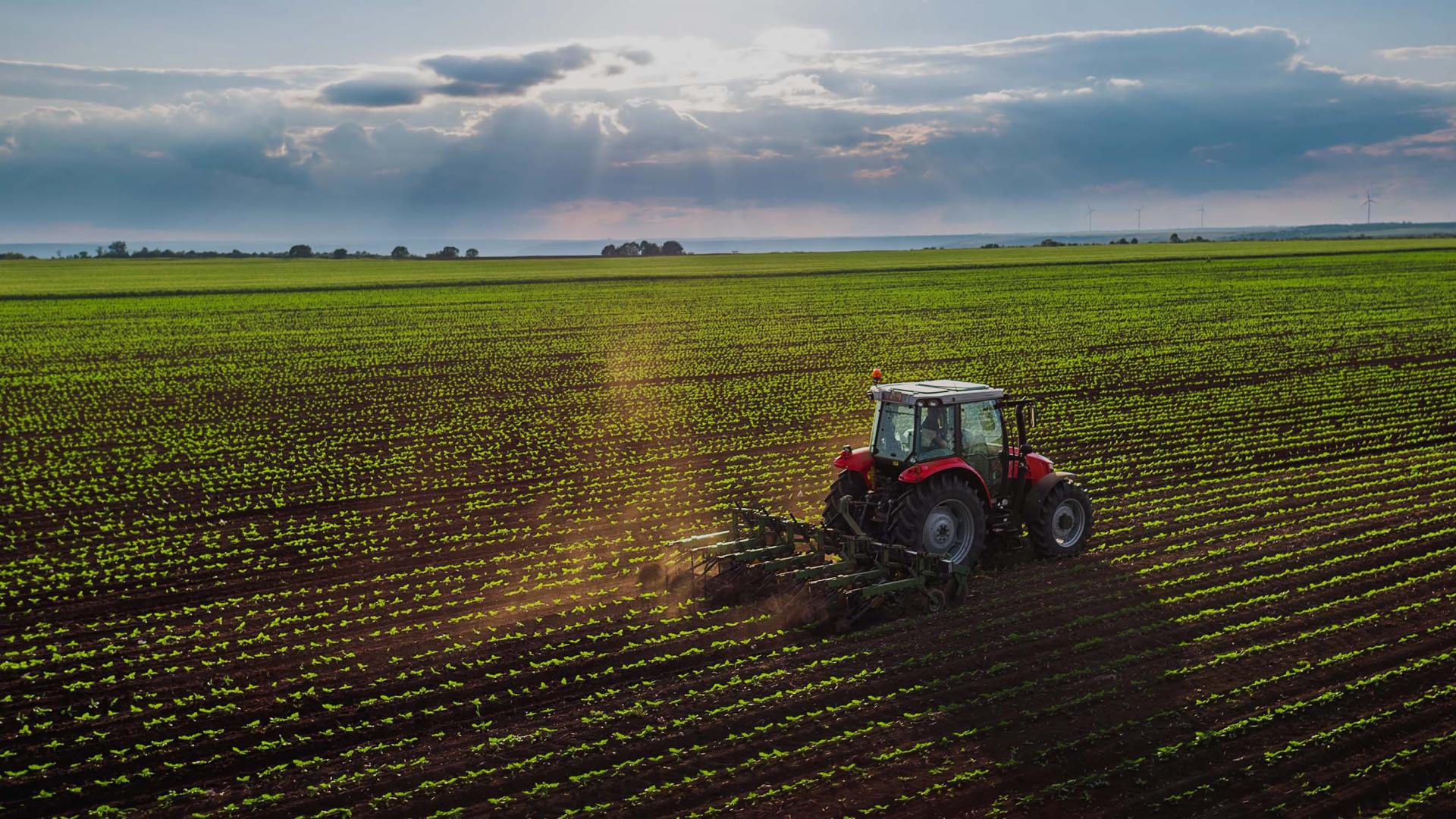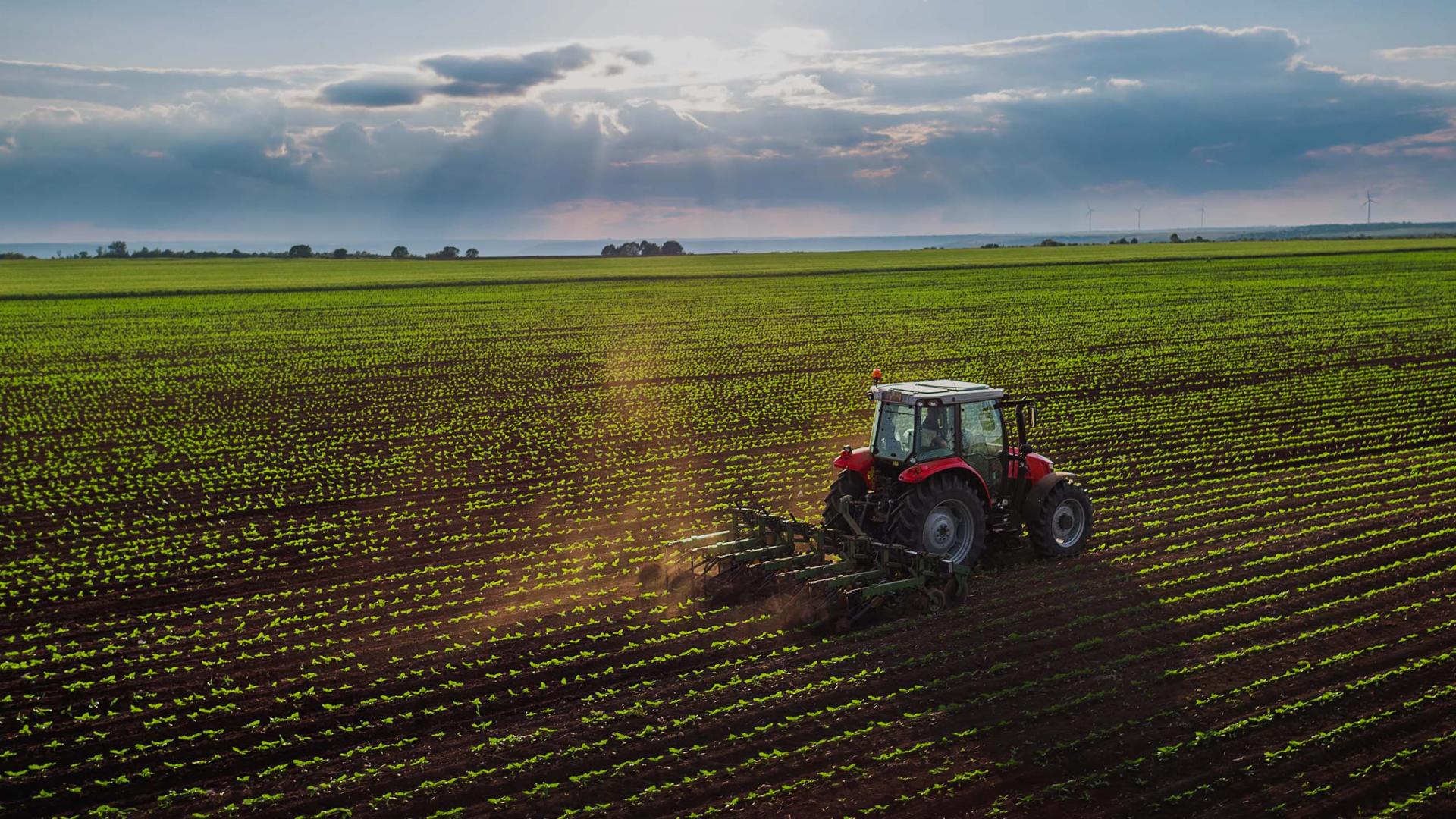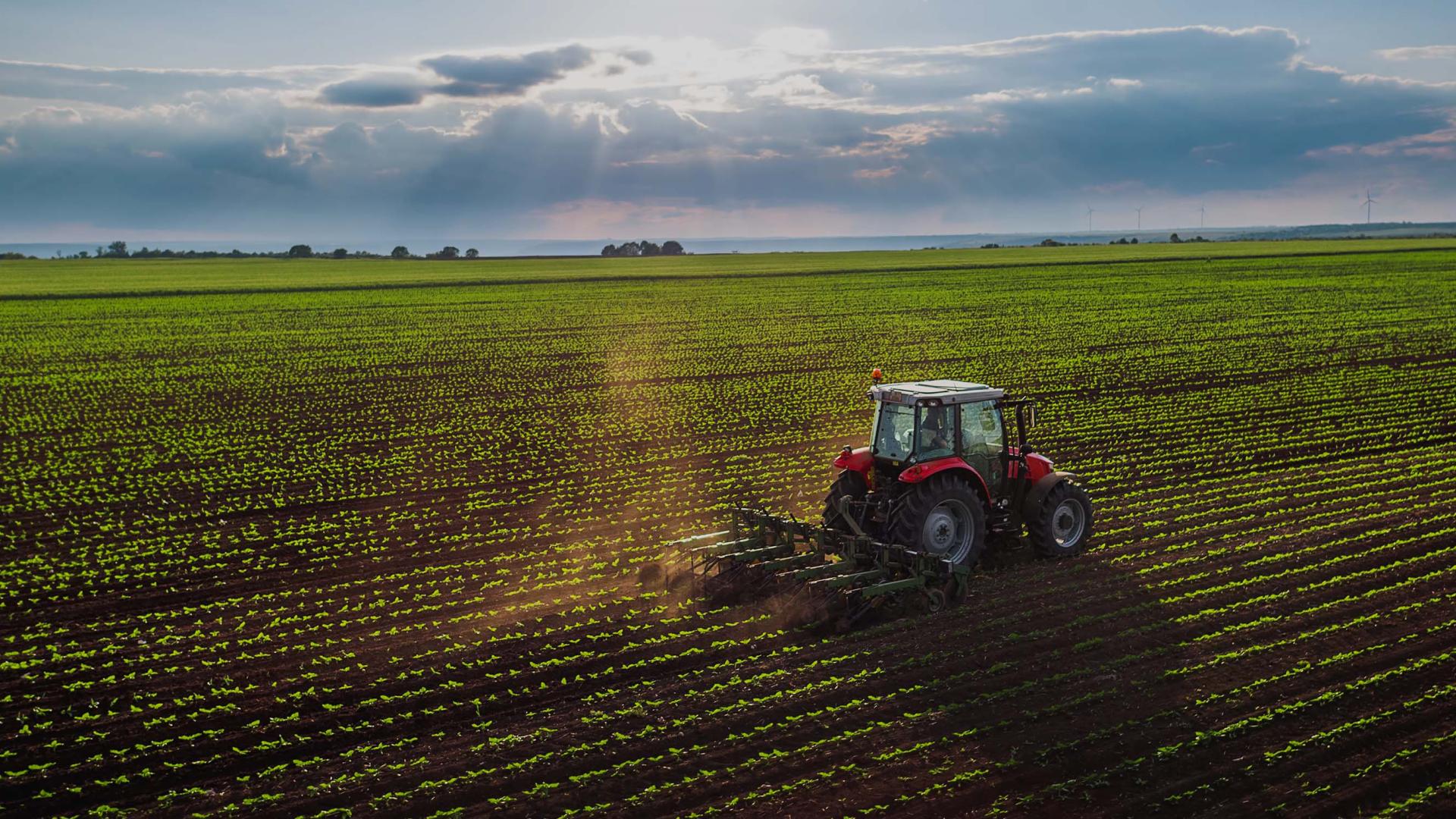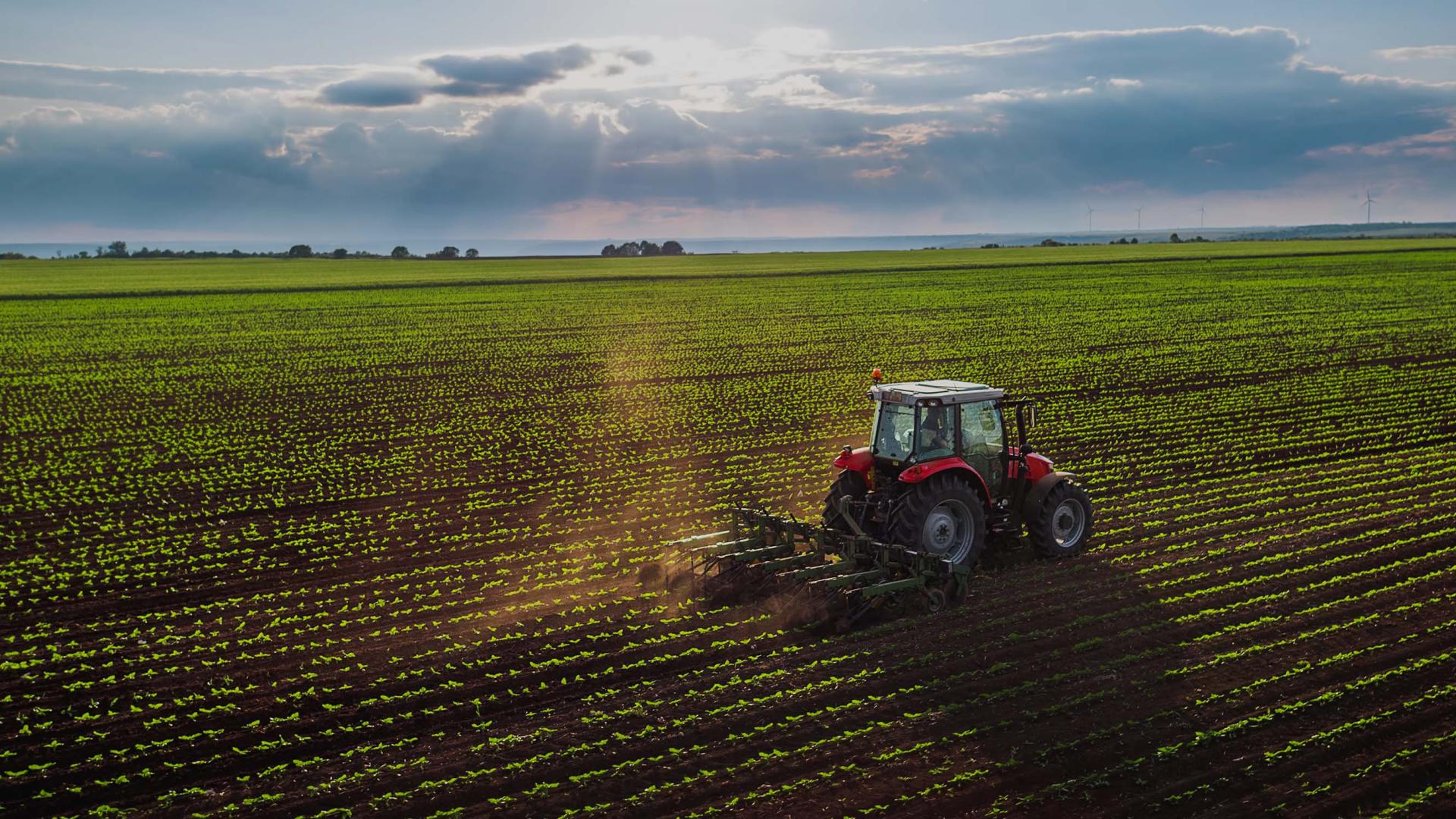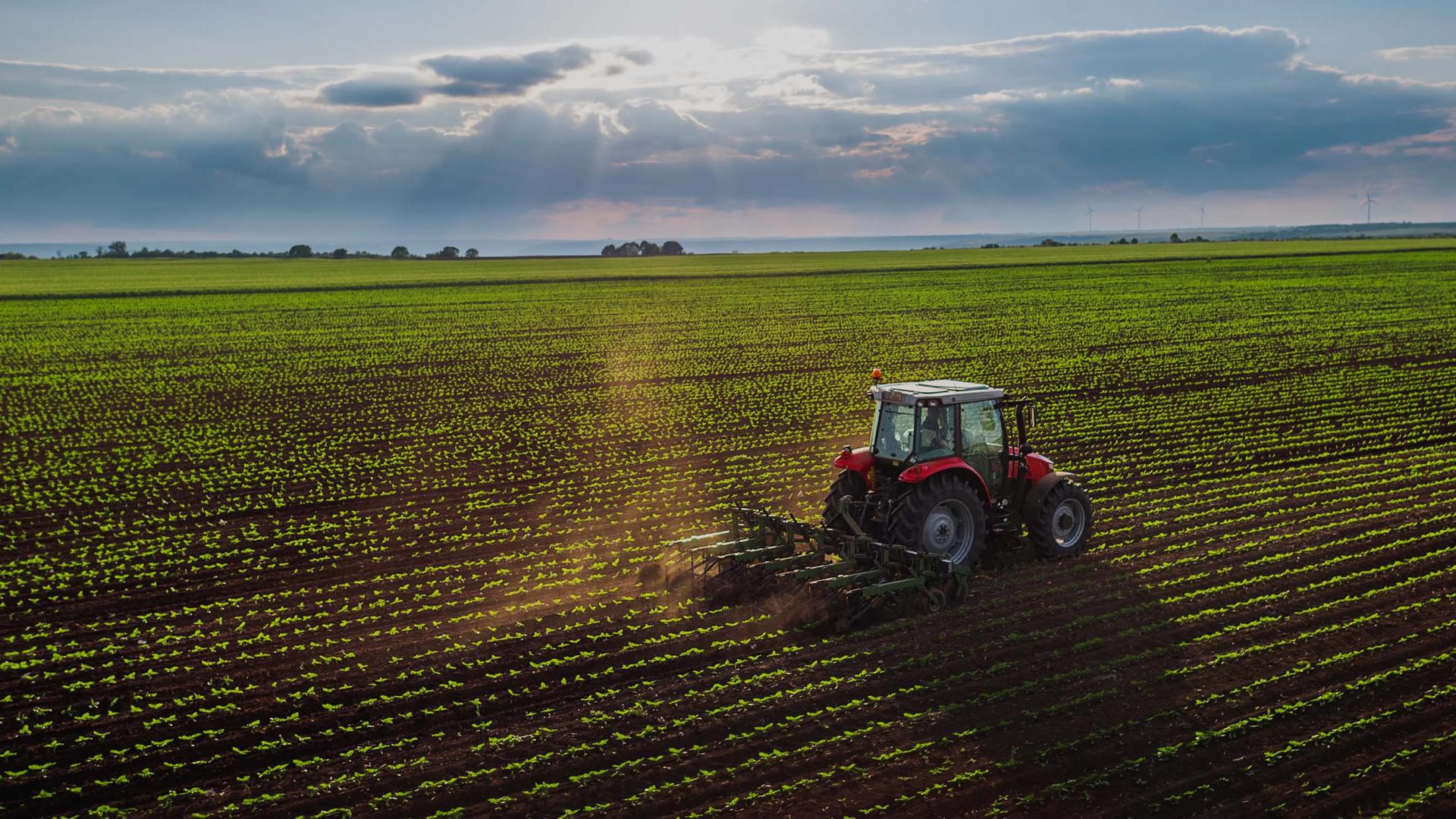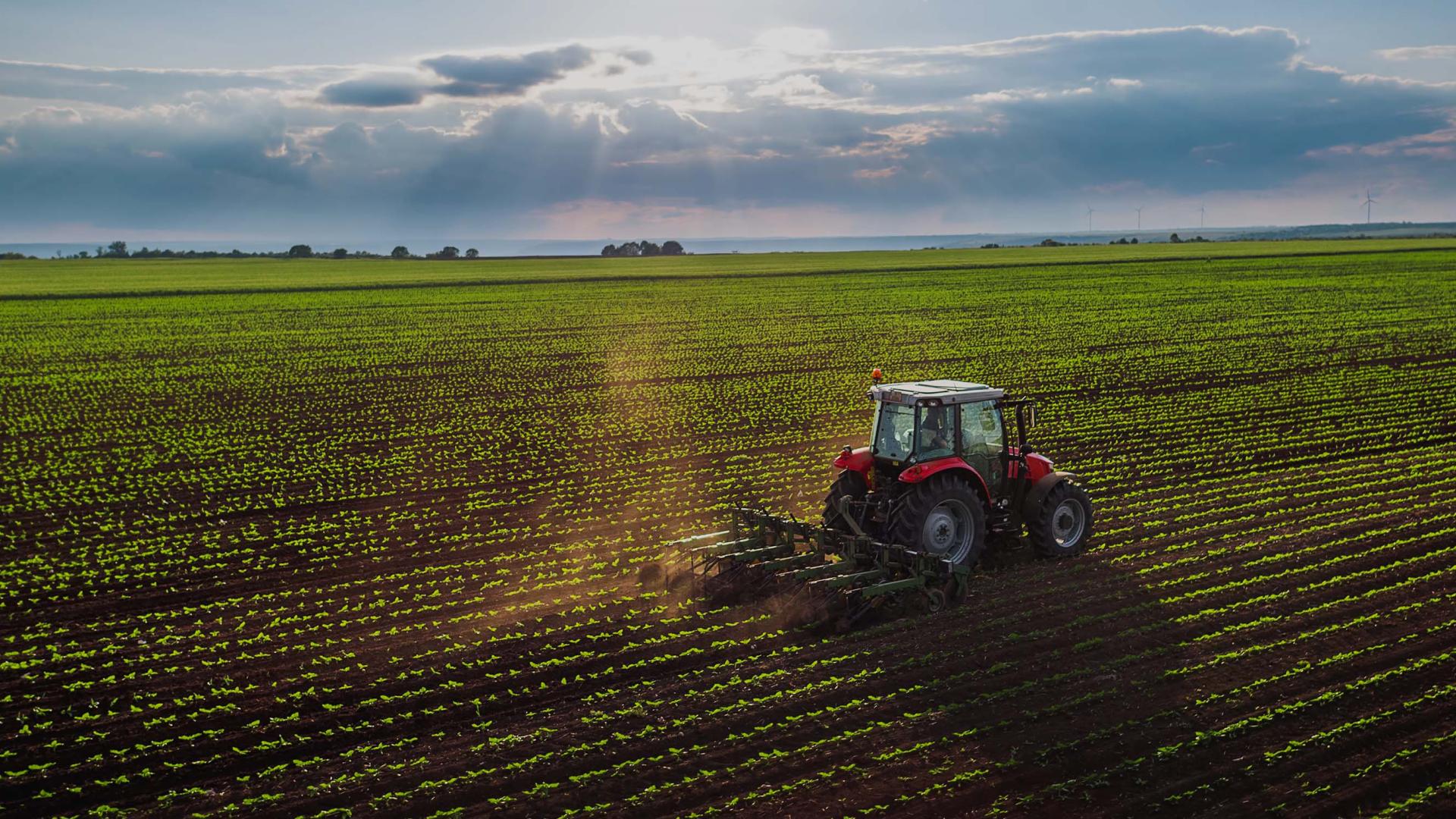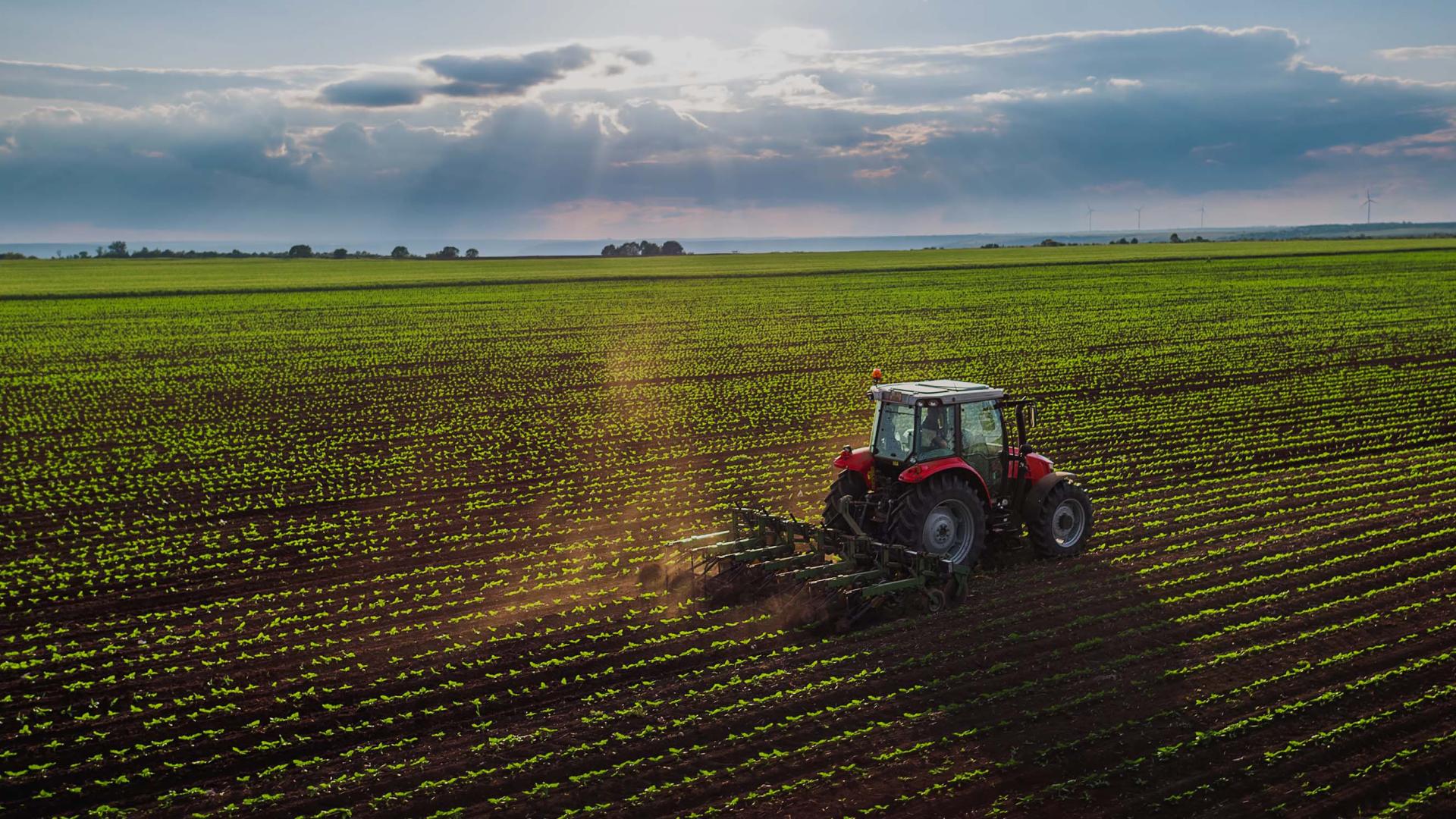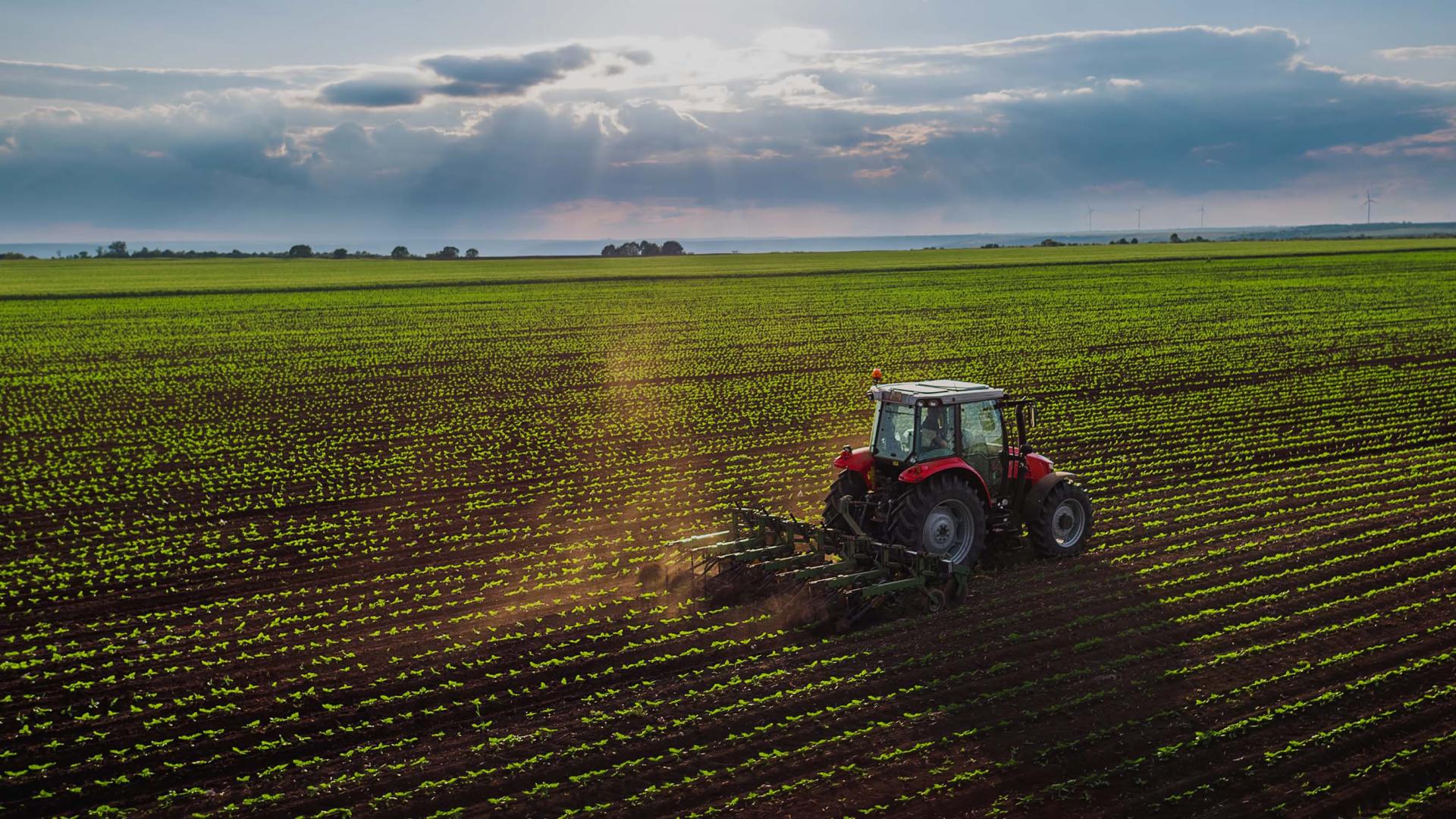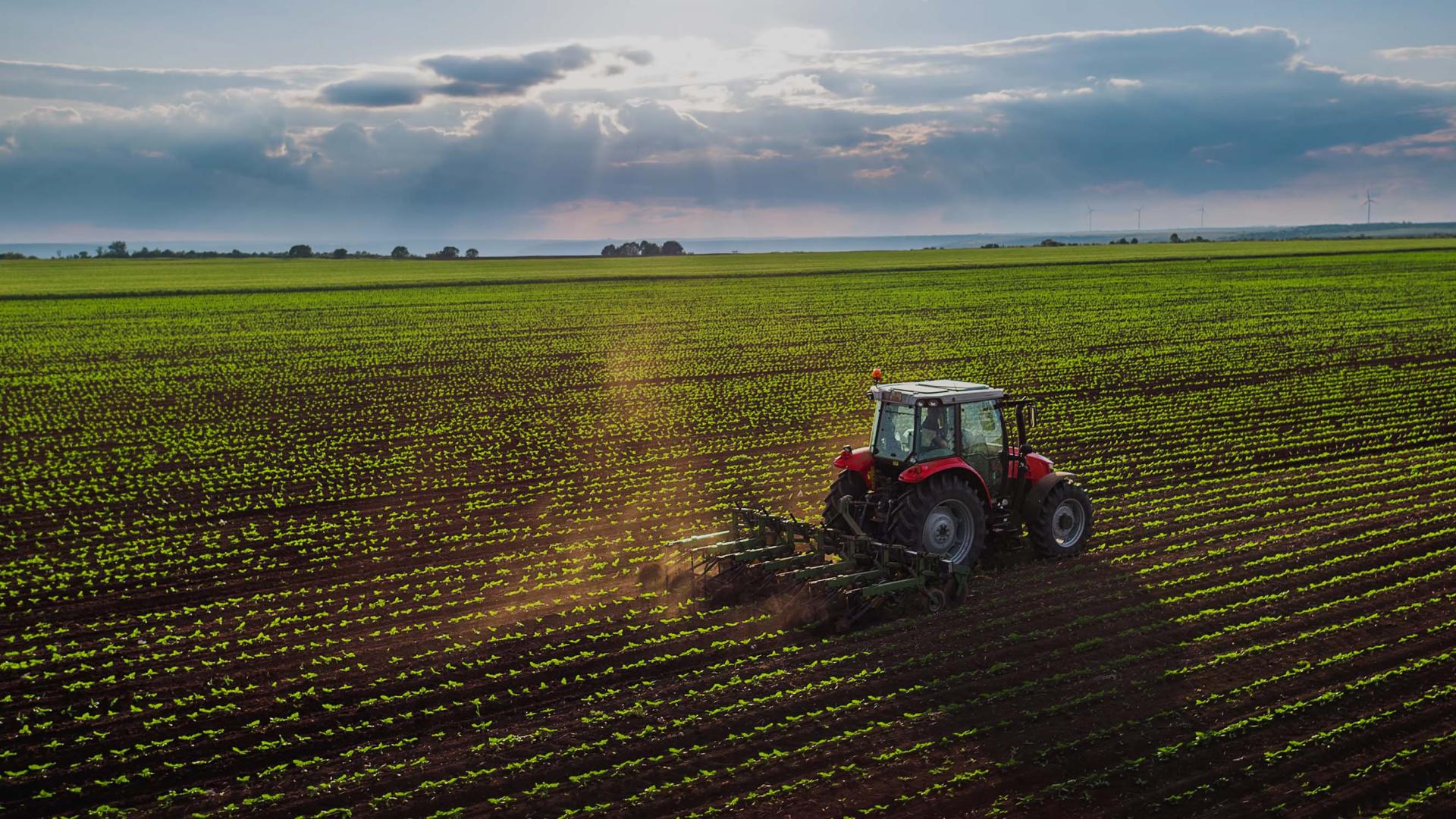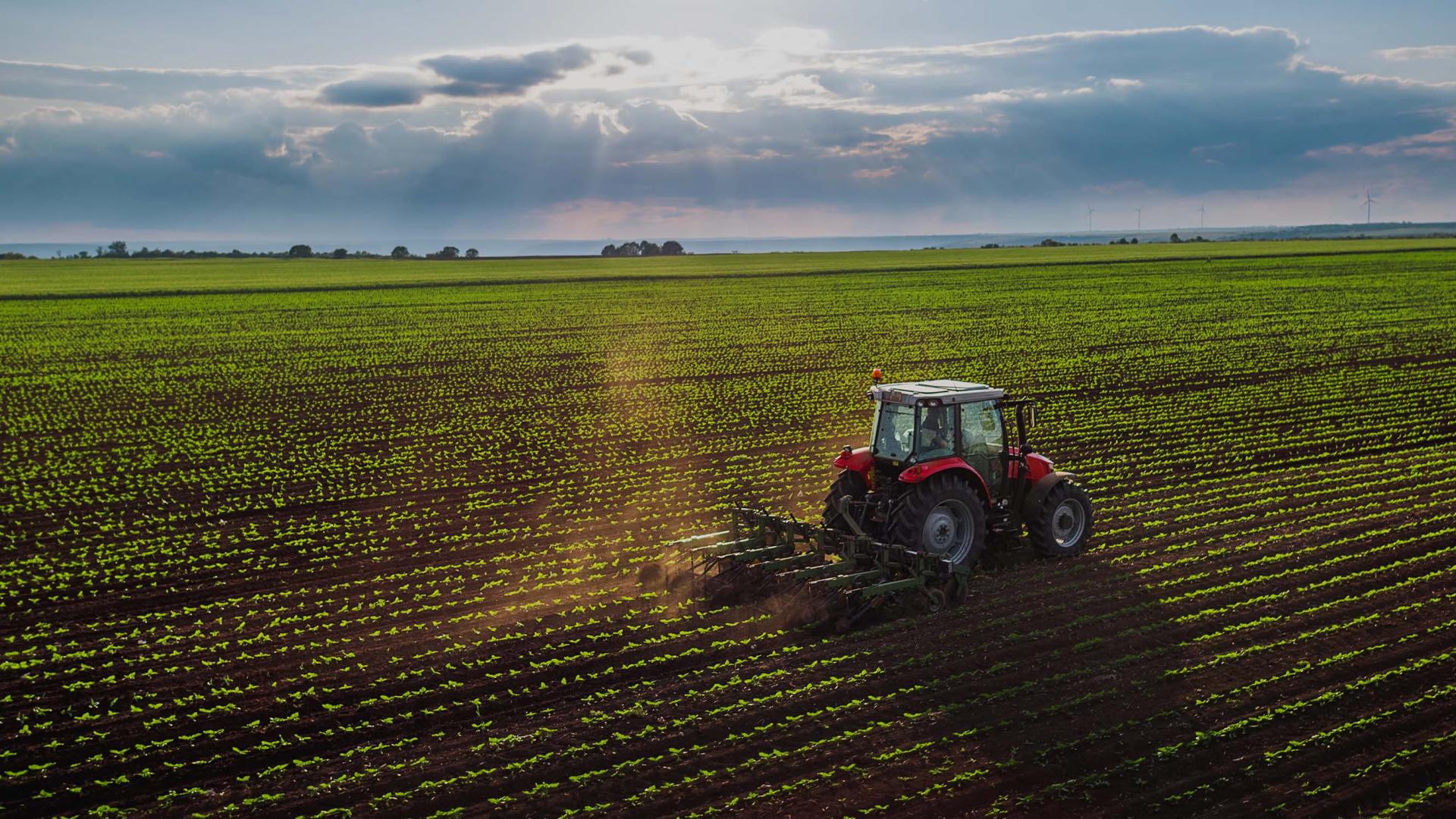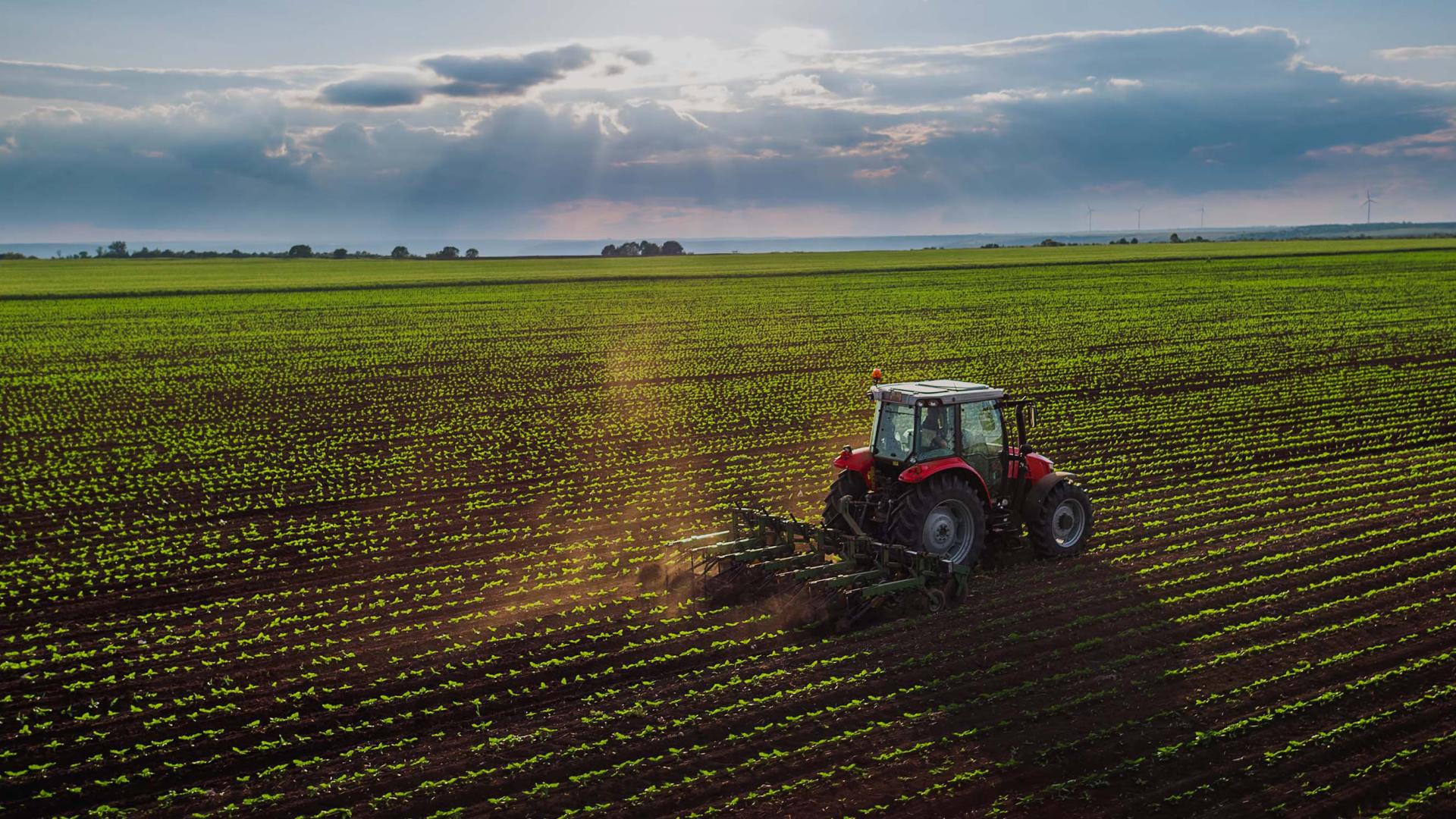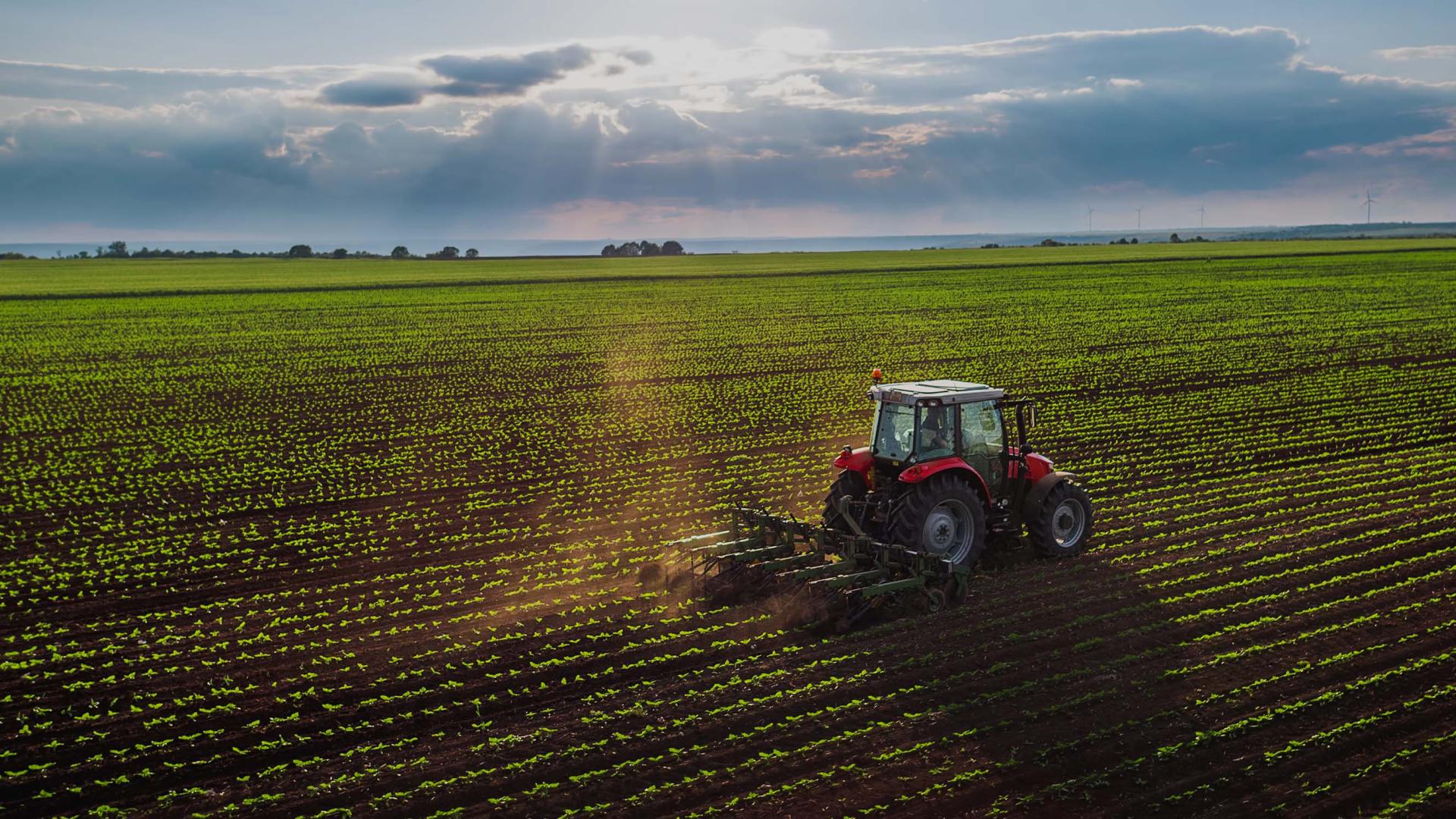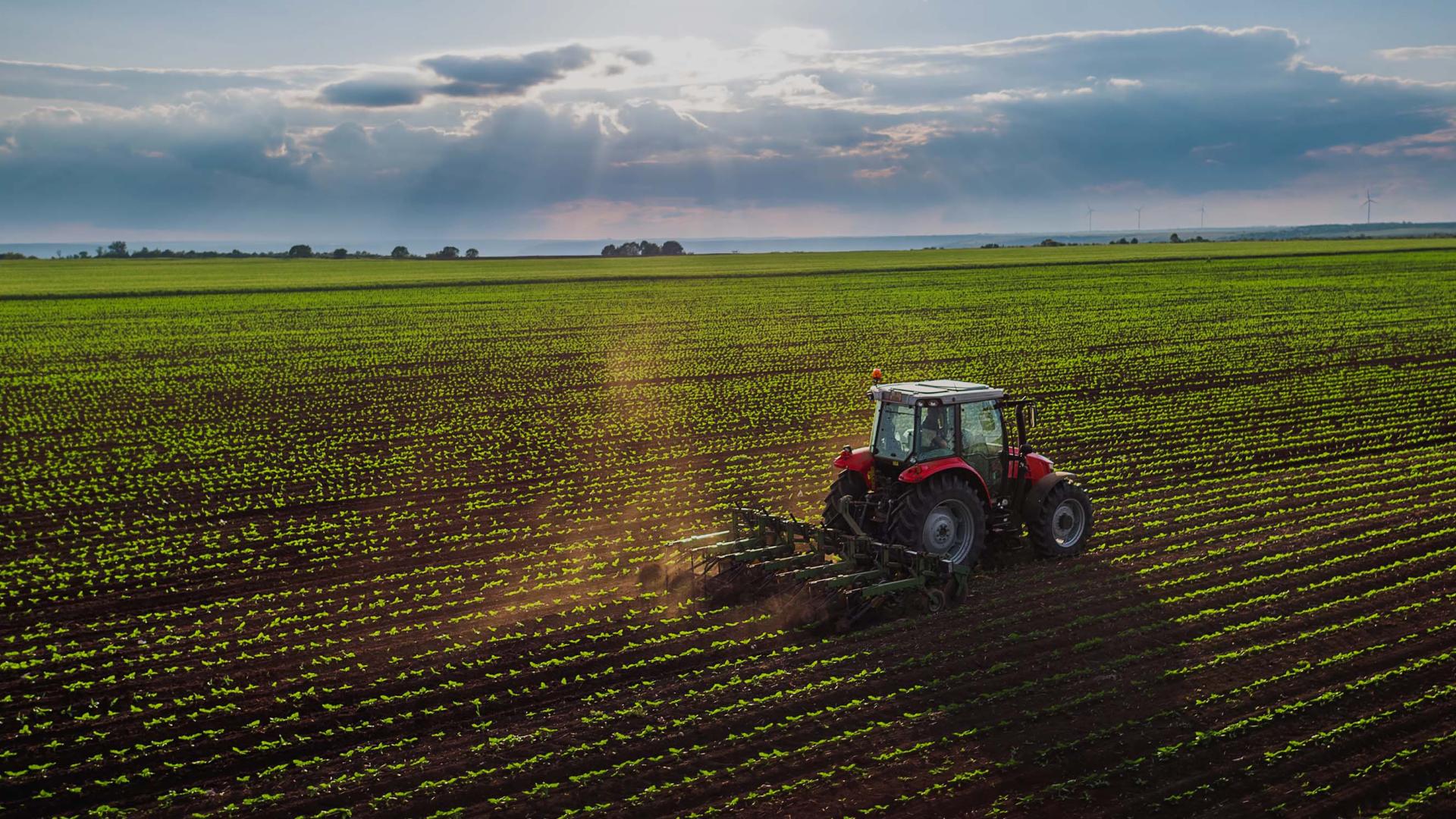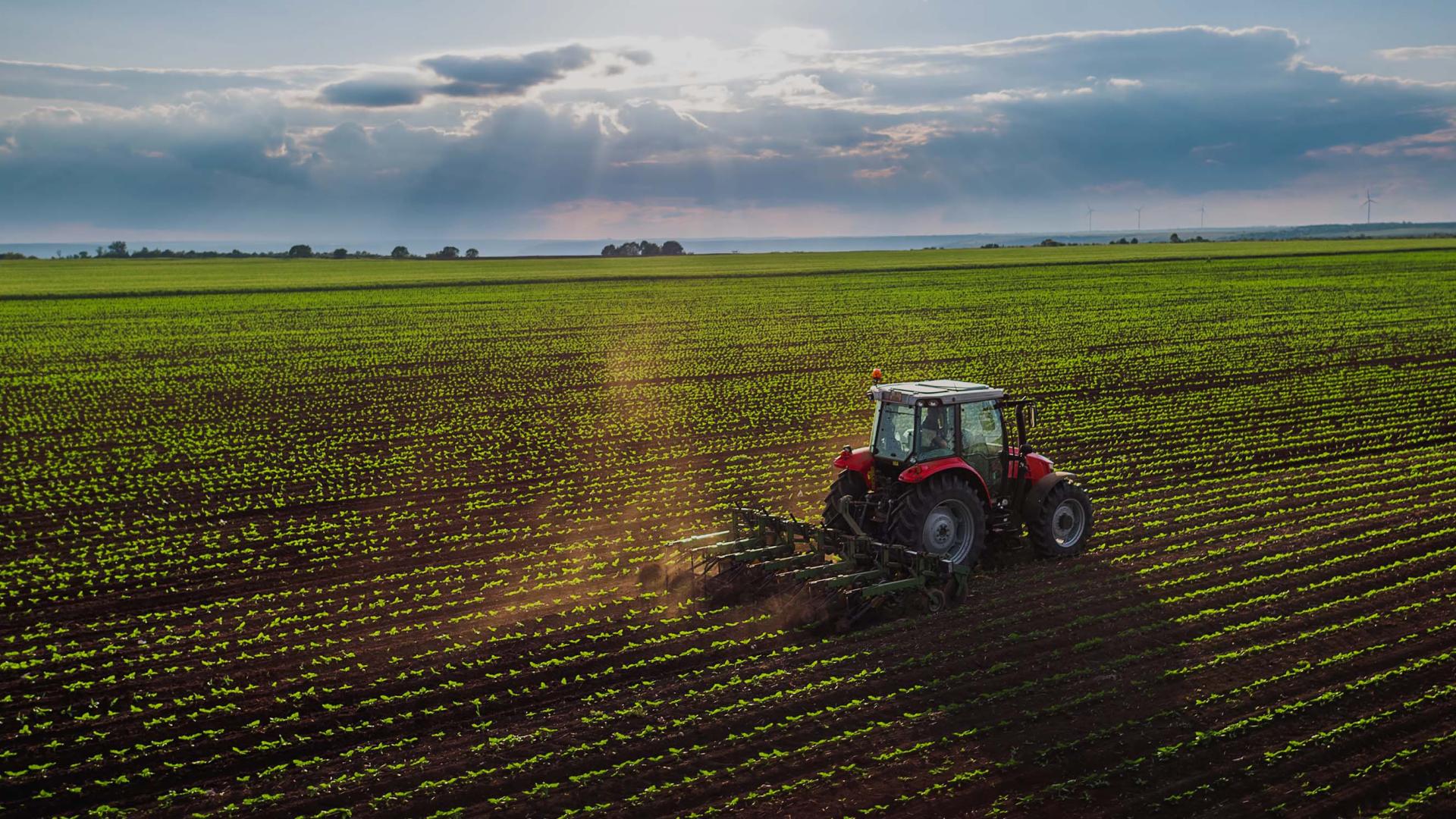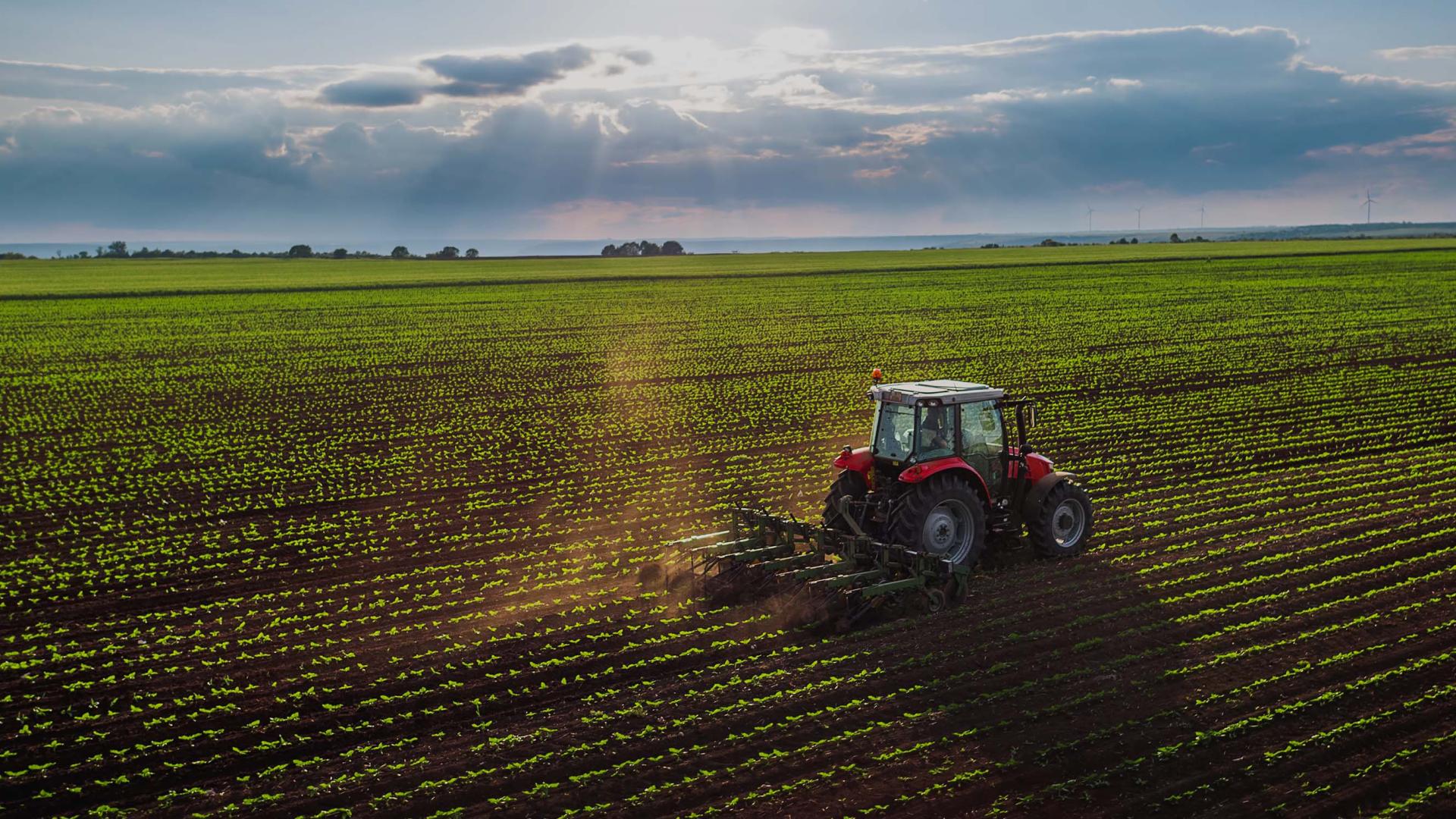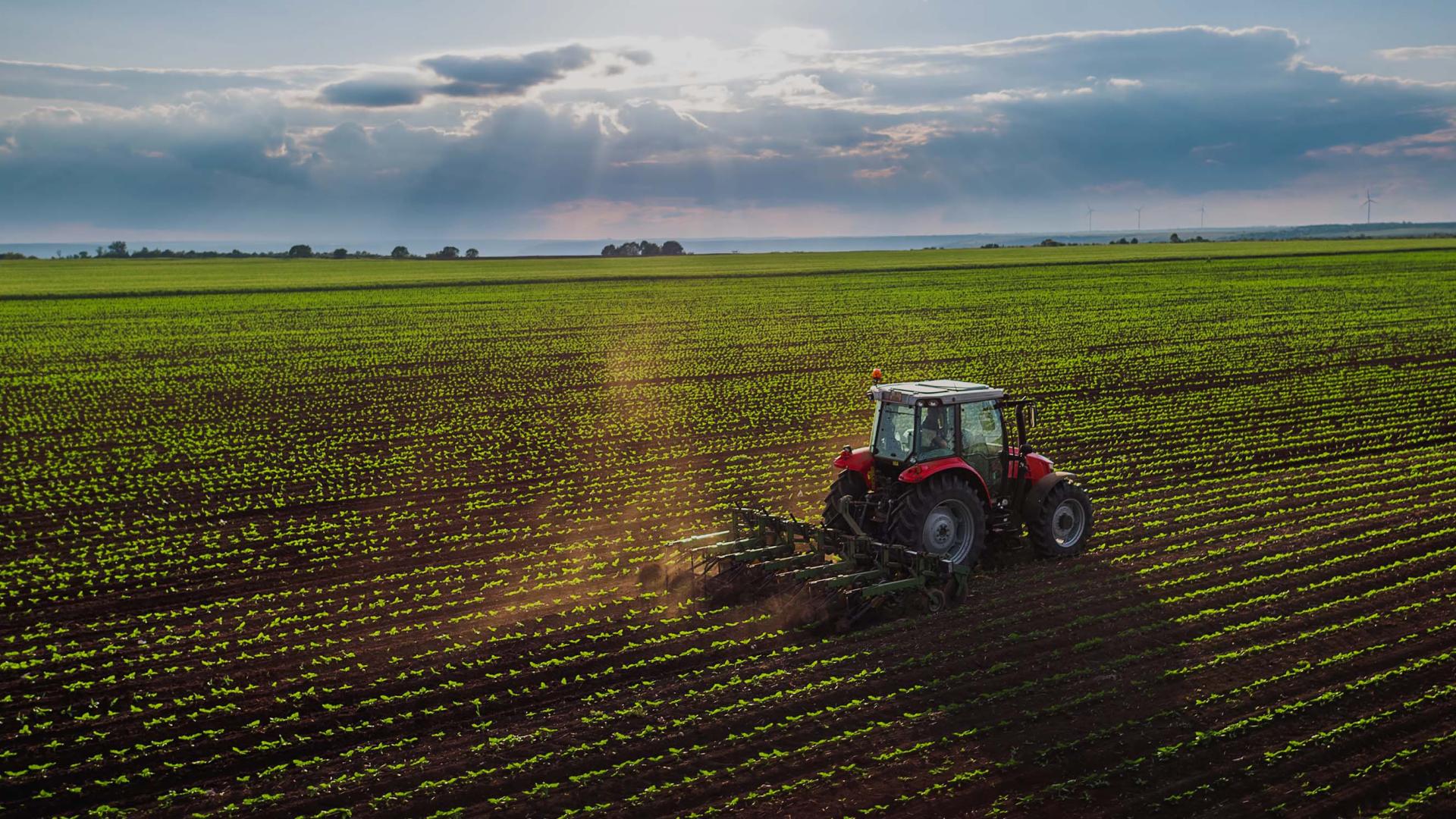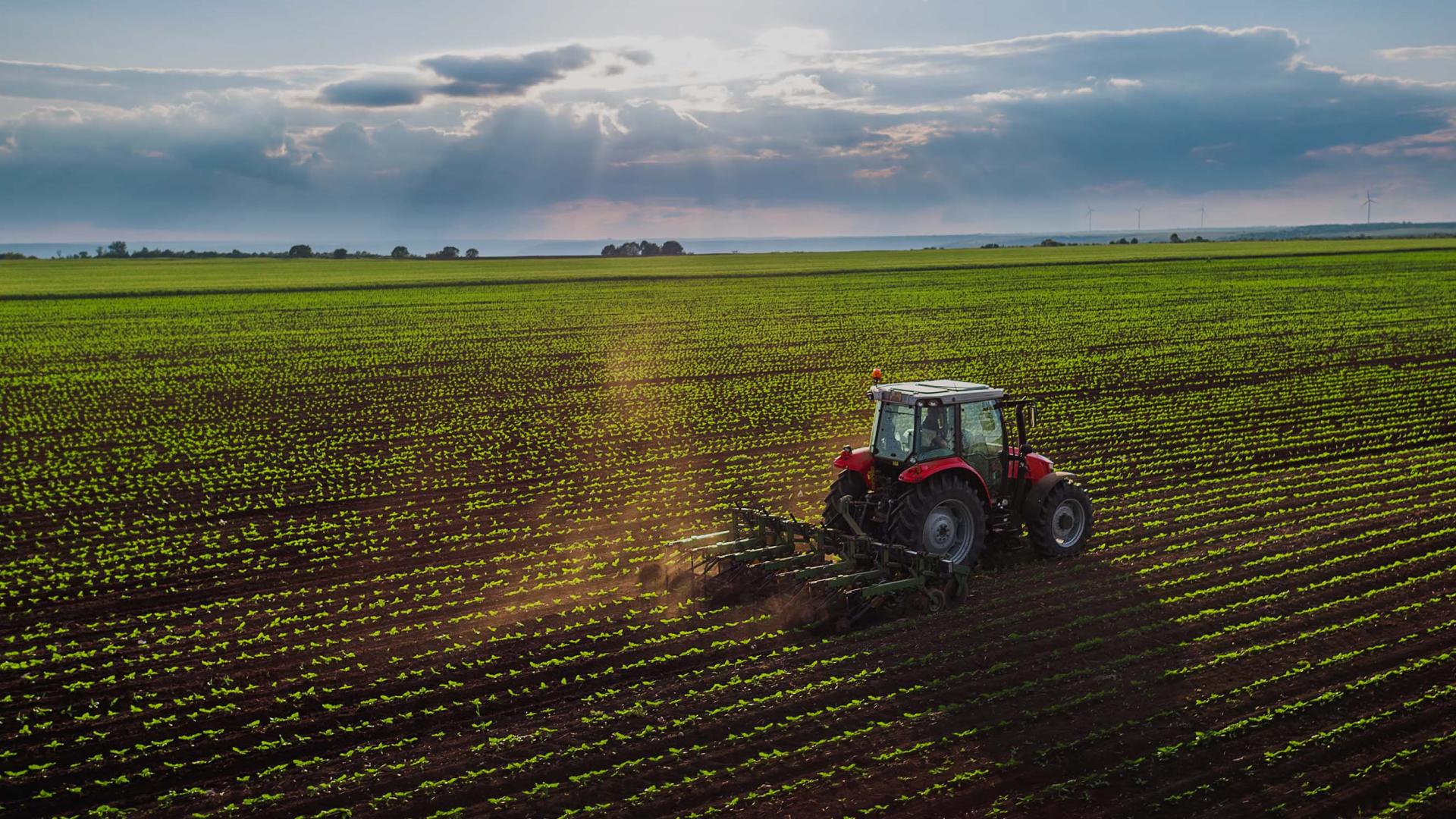Farm shops represent a unique blend of agricultural production and retail commerce, creating distinctive insurance needs that standard bus…
Farm Business Interruption Insurance: Complete Protection Guide for Agricultural Businesses
Farm business interruption insurance is a critical safety net for agricultural operations, providing financial protection when unforeseen circumstances force your farming business to halt or reduce operations. Unlike standard property insurance that covers physical damage to buildings and equipment, business interruption insurance specifically protects your income stream and covers ongoing expenses when your farm cannot operate normally.
For farming businesses, interruptions can occur due to various factors including disease outbreaks affecting livestock, severe weather conditions, equipment failures, or regulatory restrictions. Without proper business interruption coverage, these events can lead to devastating financial losses that threaten the long-term viability of your agricultural operation.
What Farm Business Interruption Insurance Covers
Lost Income Protection
The primary function of farm business interruption insurance is to replace lost income during periods when your farm cannot operate at full capacity. This includes compensation for reduced milk production, delayed crop harvests, or inability to sell livestock due to movement restrictions.
Ongoing Fixed Costs
Even when your farm operations are disrupted, many expenses continue. Business interruption insurance covers essential ongoing costs such as:
- Employee wages and salaries
- Loan repayments and mortgage payments
- Insurance premiums
- Utility bills and maintenance costs
- Feed costs for livestock
- Rent and lease payments
Additional Expenses
The policy also covers extra costs incurred to minimize the interruption or maintain operations, including temporary relocation of livestock, emergency feed purchases, or hiring additional labor to expedite recovery.
Common Causes of Farm Business Interruption
Disease Outbreaks
Notifiable diseases such as foot-and-mouth disease, avian influenza, or bovine tuberculosis can result in government-imposed movement restrictions, quarantine periods, or mandatory culling of livestock. These events can shut down farm operations for weeks or months.
Severe Weather Events
Extreme weather conditions including flooding, drought, storms, or unexpected frost can damage crops, prevent access to fields, or make farming operations impossible. Climate change has increased the frequency and severity of such events.
Equipment and Machinery Failure
Critical equipment breakdowns during peak seasons can significantly impact farm productivity. This includes failures of milking equipment, irrigation systems, harvesting machinery, or refrigeration units.
Fire and Explosion
Fires in farm buildings, grain stores, or machinery can halt operations while repairs are undertaken and replacement equipment is sourced.
Contamination Issues
Contamination of crops, feed, or water supplies can force temporary cessation of operations while the source is identified and remediated.
Coverage for Different Types of Farming Operations
Dairy Farms
Dairy operations face unique risks including mastitis outbreaks, milk contamination, or equipment failures that prevent milking. Business interruption insurance for dairy farms typically covers lost milk sales and the cost of disposing of contaminated milk.
Livestock Farms
Beef, sheep, and pig farms require coverage for disease outbreaks, feed contamination, and movement restrictions. The policy should account for the time needed to rebuild herds after culling events.
Arable Farms
Crop producers need protection against weather-related losses, pest infestations, and contamination issues that can destroy entire harvests or prevent planting.
Mixed Farms
Operations combining crops and livestock require comprehensive coverage addressing the unique risks of both farming types.
Specialist Agricultural Businesses
Organic farms, vineyard operations, and specialist crop producers may need tailored coverage reflecting their specific operational risks and longer recovery periods.
Key Benefits of Farm Business Interruption Insurance
Financial Stability
Maintains cash flow during difficult periods, ensuring you can meet financial obligations and avoid bankruptcy during extended interruptions.
Employee Retention
Enables you to continue paying staff wages, preventing the loss of skilled agricultural workers who might otherwise seek employment elsewhere.
Faster Recovery
Provides funds for additional expenses that can accelerate the return to normal operations, reducing the overall impact of the interruption.
Business Continuity
Helps maintain relationships with suppliers and customers by demonstrating financial stability and commitment to resuming operations.
Peace of Mind
Reduces stress and anxiety during challenging periods, allowing you to focus on recovery rather than financial concerns.
Important Policy Considerations
Indemnity Period
This is the maximum period for which the insurer will pay claims, typically ranging from 12 to 36 months. Consider the time needed to fully recover your operation when selecting this period.
Sum Insured
Based on your annual gross profit or turnover, this should reflect your farm's earning capacity and be regularly reviewed to account for business growth.
Waiting Period
Most policies include a waiting period (typically 48-72 hours) before coverage begins. Some insurers offer immediate coverage for certain perils like fire or explosion.
Seasonal Variations
Ensure your policy accounts for seasonal fluctuations in farm income and can accommodate peak earning periods.
Trends Clause
This adjusts claims payments based on likely business performance, considering factors like market trends and planned improvements.
Common Policy Exclusions
Understanding what is not covered is crucial for managing expectations and identifying additional coverage needs:
- Normal market fluctuations and price variations
- Planned maintenance or routine equipment servicing
- Losses due to strikes or labor disputes
- Gradual deterioration or wear and tear
- Cyber attacks (unless specifically included)
- Pandemic-related closures (may require separate coverage)
- Nuclear risks and war
- Consequential losses not directly related to the insured peril
Choosing the Right Insurer
Agricultural Expertise
Select insurers with specific experience in agricultural risks who understand the unique challenges facing farming businesses.
Claims Handling Reputation
Research the insurer's track record for handling agricultural claims promptly and fairly, particularly for business interruption claims which can be complex.
Financial Strength
Ensure your insurer has strong financial ratings and the capacity to pay large claims over extended periods.
Additional Services
Look for insurers offering risk management advice, loss prevention services, and support during claim situations.
Factors Affecting Premium Costs
Farm Type and Size
Larger operations and those with higher risk profiles typically face higher premiums. Diversified farms may benefit from reduced rates due to lower overall risk.
Location and Climate
Farms in areas prone to extreme weather or disease outbreaks may face higher premiums reflecting increased risk exposure.
Risk Management Measures
Implementing biosecurity protocols, maintaining equipment properly, and having emergency response plans can help reduce premium costs.
Claims History
Previous claims experience affects pricing, with claim-free farms typically benefiting from lower rates.
Policy Features
Shorter waiting periods, longer indemnity periods, and additional coverage extensions will increase premium costs.
Making a Successful Claim
Immediate Notification
Contact your insurer immediately when an incident occurs, even if the full extent of the interruption is not yet clear.
Documentation
Maintain detailed records of the incident, including photographs, witness statements, and official reports from relevant authorities.
Financial Records
Keep comprehensive financial documentation showing your normal income patterns and the impact of the interruption.
Mitigation Efforts
Document steps taken to minimize the interruption and additional expenses incurred in doing so.
Professional Support
Consider engaging loss adjusters or agricultural consultants familiar with business interruption claims to support your claim submission.
Risk Prevention and Mitigation
Biosecurity Measures
Implement robust biosecurity protocols to prevent disease outbreaks, including visitor controls, vehicle disinfection, and quarantine procedures.
Equipment Maintenance
Regular servicing and maintenance of critical equipment reduces the risk of unexpected failures during peak operational periods.
Emergency Planning
Develop comprehensive emergency response plans covering various scenarios, including alternative arrangements for critical operations.
Diversification
Diversifying farm enterprises can reduce overall business interruption risk by providing alternative income sources.
Weather Monitoring
Use weather forecasting and monitoring systems to anticipate and prepare for adverse conditions.
Regulatory and Compliance Considerations
Farm business interruption insurance must comply with various regulatory requirements and industry standards. Ensure your policy meets:
- Financial Conduct Authority regulations
- Agricultural insurance industry standards
- Environmental protection requirements
- Animal welfare regulations
- Food safety and hygiene standards
Work with insurers who understand these regulatory requirements and can provide guidance on compliance issues that may affect your coverage.
Conclusion
Farm business interruption insurance is an essential component of a comprehensive risk management strategy for agricultural businesses. The unpredictable nature of farming, combined with increasing regulatory requirements and climate-related risks, makes this coverage more important than ever.
When selecting coverage, work with experienced agricultural insurance specialists who understand the unique challenges facing your type of farming operation. Regularly review your coverage to ensure it remains adequate as your business grows and evolves.
Remember that business interruption insurance is not just about recovering from disasters – it is about ensuring the long-term sustainability and success of your farming enterprise in an increasingly uncertain world.
Get Expert Farm Business Interruption Insurance Advice
At Insure24, we specialize in providing comprehensive commercial insurance solutions for agricultural businesses across the UK. Our experienced team understands the unique risks facing modern farming operations and can help you select the right business interruption coverage for your needs.
Contact us today for a personalized quote and expert advice on protecting your farm business:
Phone: 0330 127 2333
Website: www.insure24.co.uk
Email: Get in touch through our website contact form
Insure24 is a trading style of SOS Technologies Limited, authorized and regulated by the Financial Conduct Authority (FCA registration number 1008511). We are committed to providing transparent, professional insurance advice tailored to your agricultural business needs.


 0330 127 2333
0330 127 2333
